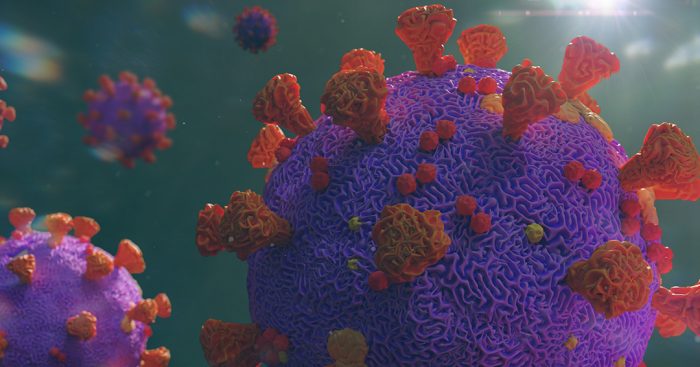Efforts to develop more rapid testing, to determine the potential of existing drugs, and to understand key genetic markers of the immune respond to the coronavirus are underway at the Jewish General Hospital
Source: Lady Davis Institute
Three researchers from the Lady Davis Institute at the Jewish General Hospital are among the recipients of funding as part of Canada’s COVID-19 response, as announced by the Honourable Patty Hajdu, Minister of Health. The projects focus on developing and implementing measures to rapidly detect, manage, and reduce the transmission of the novel coronavirus.
“Because there are currently no available anti-viral agents to treat or prevent COVID-19, our best defense against the spread of this infection is to adopt control measures, the effectiveness of which depends on verifying individuals who are infected,” said Dr. Trifiro. “Current laboratory tests may take 24 to 48 hours to yield results. Our revolutionary methodology would construct a diagnostic device which is small and portable, and would help enormously with infection control management during outbreaks.”
Dr. Chen Liang, Acting Director of the McGill AIDS Centre and Professor of Medicine in the Department of Microbiology and Immunology at McGill University, received $480,000 to determine how COVID-19 so successfully evades the immune responses, so that they can spread in humans and cause fatal illness.
Coronaviruses are not new to humans, Dr. Liang points out. The common cold is caused by coronaviruses. However, beginning with SARS in 2002, and MERS ten years later, more lethal versions have begun to emerge. Already, COVID-19 has infected, and killed, more people than the total of those two earlier outbreaks.
“Two urgent questions need to be addressed. How did these coronaviruses transmit from animals into humans? What have made them so pathogenic and lethal?” Dr. Liang said. “Our research will identify the key viral genes that suppress immune responses by blocking essential signaling pathways. The results will open new avenues for the development of effective interventions to halt the COVID-19 pandemic.”
For media inquiries and to arrange interviews with the researchers, contact:
Tod Hoffman
Research Communications Officer
Lady Davis Institute
Tel.: 514-340-8222 x 28661
Email: tod.hoffman@ladydavis.ca
March 25 2020

